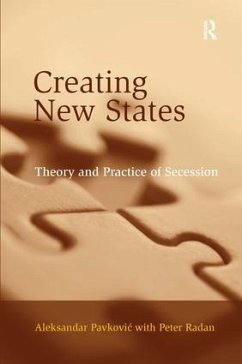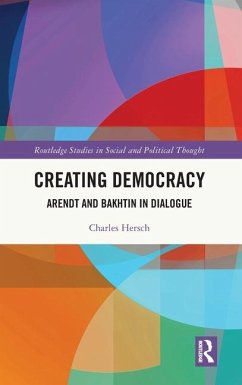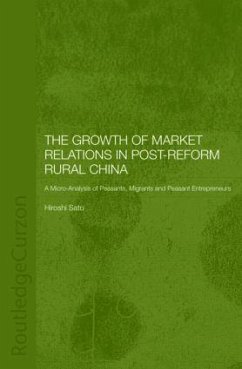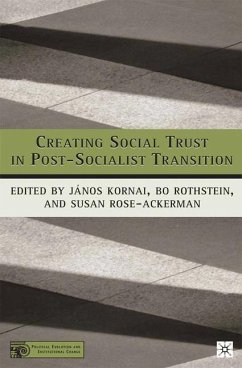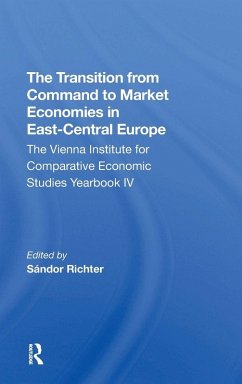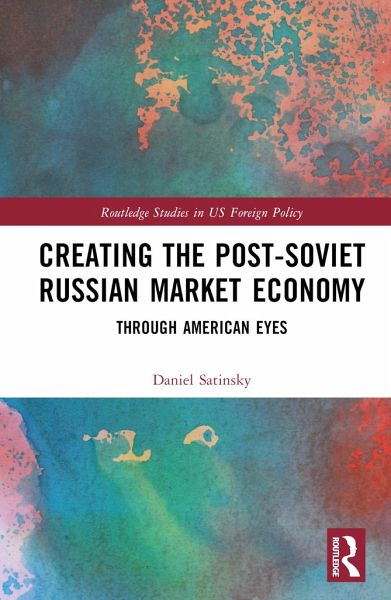
Creating the Post-Soviet Russian Market Economy
Through American Eyes
Versandkostenfrei!
Versandfertig in 1-2 Wochen
168,99 €
inkl. MwSt.
Weitere Ausgaben:

PAYBACK Punkte
84 °P sammeln!
This book captures the essence of the period when Russians and Americans collaborated in creating new structures of government and new businesses in completely uncharted conditions. It presents the experiences of key American participants in late Soviet and post-Soviet Russia during a time when Americans thought anything was possible in Russia. Using an analytic framework of foreground ideas (Western, liberal, and neo-liberal) and background forces (Russian cultural influences, nationalism, and lingering Soviet ideology), it examines the ideas and intentions of the people involved. First-perso...
This book captures the essence of the period when Russians and Americans collaborated in creating new structures of government and new businesses in completely uncharted conditions. It presents the experiences of key American participants in late Soviet and post-Soviet Russia during a time when Americans thought anything was possible in Russia. Using an analytic framework of foreground ideas (Western, liberal, and neo-liberal) and background forces (Russian cultural influences, nationalism, and lingering Soviet ideology), it examines the ideas and intentions of the people involved. First-person interviews with consultants, businesspeople, and citizen diplomats help capture the essence of this turbulent reform period through the eyes of those who experienced it and present the importance of this experience as a piece of the puzzle in understanding contemporary Russia. It will be an invaluable resource for students of international relations, Russian Studies majors, researchers, and members of the general public who are trying to understand the evolution of the current antagonism between the United States and Russia.






